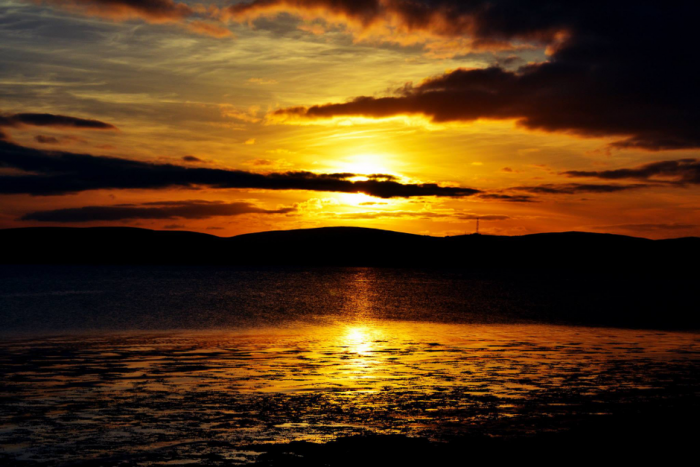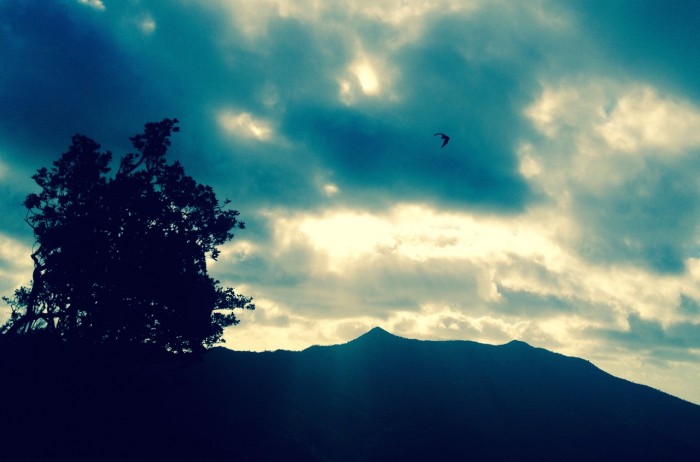The notion of property has had many accolades assigned to it. In some iterations, it is the bringer of freedom (Anderson and Huggins 2003); in others it is a wielder of power (Underkuffler 2003). It is also a way of distinction between culture and nature, boiled down to the ownable and unownable. Land, a cultural prism, has long been an easily divisible and ownable space, whereas the sea, in its distant bubble of “hypernature,” has never been for individual ownership (Helmreich 2011; Jackson 1995). (I speak here of course for our modern Western society; individuals and communities have apportioned and “owned” coastal areas in numerous cultures across centuries [see, e.g., Mulrennan and Scott 2000]).
Tag: naturecultures
The Trouble with Bats: Valuing Urban Naturecultures
This post is presented in this week’s series recognizing Earth Day, Friday, April 22.
“Qu’est-ce qu’on va faire à propos des chauves-souris?”
What are we going to do about the bats?
I sit among a small cluster of locals and expats as we sip on coffee and soft drinks sweetened by locally grown sugarcane. We are crowded around a collection of bistro tables pushed together in the center of a busy café. The tropical sky overhead is clear, with not a single cloud in sight. No birds. No bats either.
They came for the bats—not to kill them. No, we are here to discuss ways of relocating the unwelcome creatures elsewhere. Elsewhere could be anywhere—just as long it was away from the towns, away from the orchards. In short, away from humans.
Read More “The Trouble with Bats: Valuing Urban Naturecultures”

